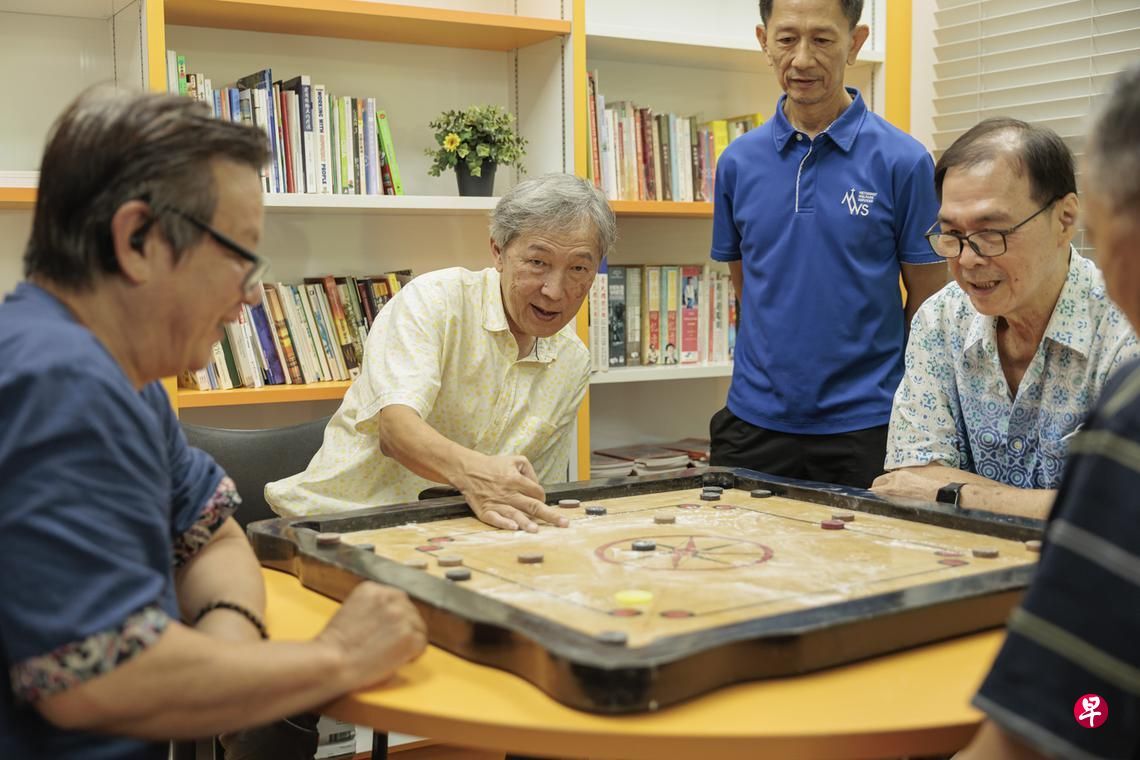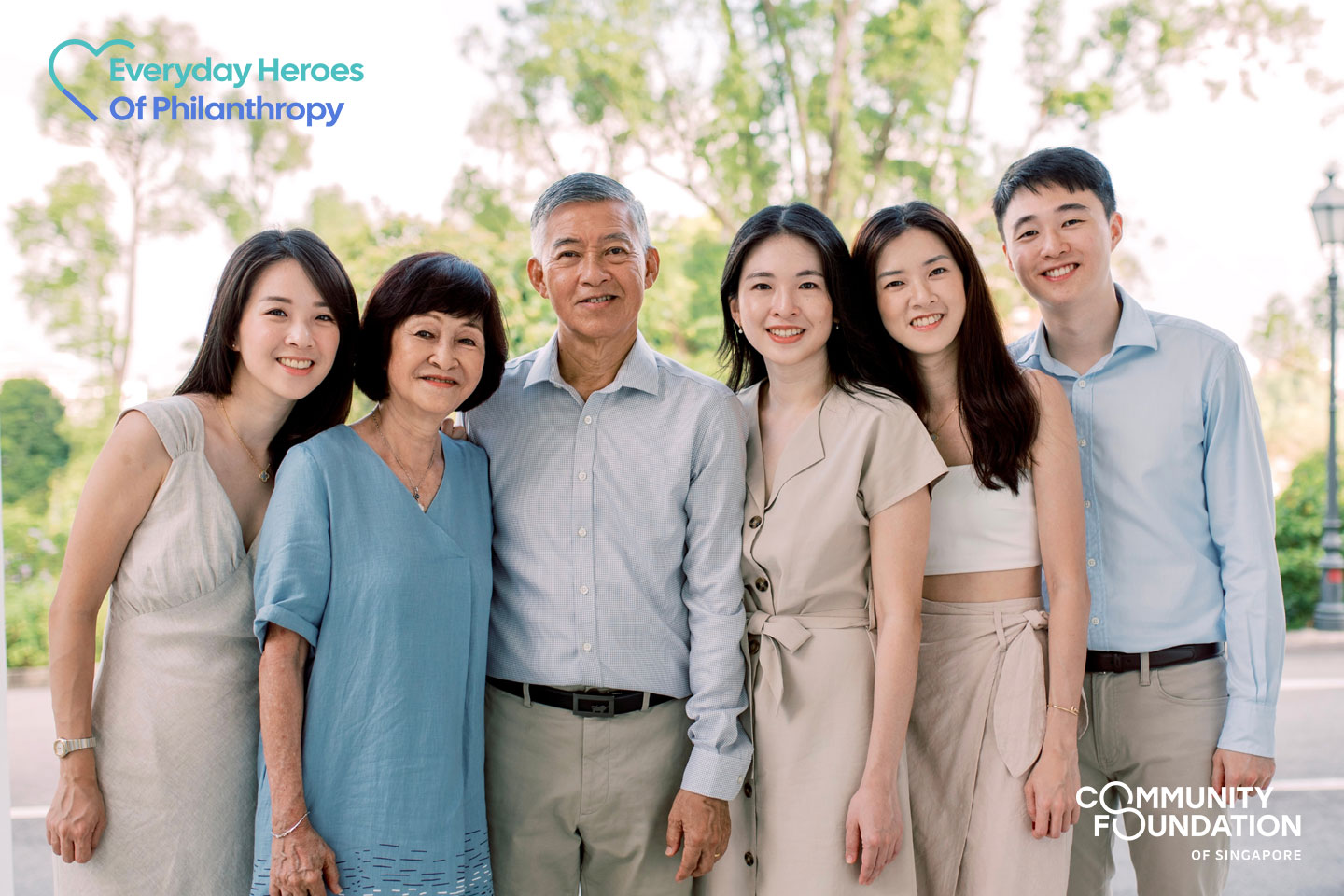Stories Of Impact
Leading youths-at-risk through a pandemic

John Doe
October 26, 2021
Oct 26, 2021

For charities working with youths-at-risk, engaging youths in positive activities, developing trusted relationships with social workers, and structured programmes are vital keys to success. Charities have traditionally relied heavily on face-to-face or group engagements to deliver these activities…
For charities working with youths-at-risk, engaging youths in positive activities, developing trusted relationships with social workers, and structured programmes are vital keys to success. Charities have traditionally relied heavily on face-to-face or group engagements to deliver these activities…
- Related Topics For You: CHARITY STORIES, DONOR STORIES, MENTAL WELLBEING, OPINION, SPORTS, STORIES OF IMPACT, YOUTH



